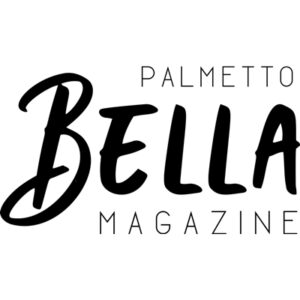The Senses of the Holidays
Every culture has its traditional festivities. Our celebrations, whether weddings, harvest festivals, religious holidays, or national observances, are woven tightly into our overall cultural identity.
The sounds of the season are an important part of our celebrations. These sounds put us in the mood as we prepare for our festivities with loved ones. When we drive to the store to purchase gifts or ingredients for the heirloom red velvet cake, there’s holiday music on the car radio. The Salvation Army volunteer rings the bell outside the store. People talk and laugh. Employees, friends, and strangers wave and say, “Happy Holidays!”
As we celebrate together, we hear our family members reminiscing and chatting. Someone plays a carol on the piano and the whole family sings. We gather around the TV for the annual viewing of “It’s a Wonderful Life.” We even hear silverware and glasses clinking, fireplaces crackling, and footsteps in our home.
By their very nature, celebrations are feel-good events, designed to make us happy and put a smile on our faces. They give us something to look forward to each year. We want to get the most out of every celebration, to experience it in full. That is especially true this year, as many holiday events are limited or canceled because of COVID-19. Whether our festivities and gatherings are virtual or in-person, we need to make the most of the celebrations we have.
Now imagine what if would be like if you had difficulty hearing those things. What would that do to your spirit and your enjoyment of the season? There is no doubt you would even miss hearing “Jingle Bell Rock” for the 750th time. How would you feel at a family celebration if you can’t hear your loved ones laughing and talking? It makes it difficult to celebrate, doesn’t it?
That’s the thing about hearing loss. It distances you from the celebration. It might evoke feelings of loneliness or anxiety. Among other things, hearing loss also is linked to a greater risk of balance issues and cognitive decline.
The good news is that many forms of hearing loss are very treatable with a simple hearing exam and the right hearing aid. These aren’t your grandparents’ big, bulky, obvious hearing aids either. Many of today’s hearing aids are barely noticeable and can be adjusted from your doctor’s office or through an app on a smartphone. Some hearing aids even connect to your phone or television via Bluetooth. You’ll be able to hear clearly when your grandchild calls from the West Coast. You won’t miss Zuzu telling George Bailey, “Every time a bell rings, an angel gets his wings.”
If you or someone you know might miss out on this year’s celebrations because of hearing loss, it’s not too late to fix that. Providers are available to help you enjoy the sounds of the season that are such an integral part of our annual celebrations.
We hope you have a wonderful and safe holiday filled with the sounds of the season.
The Hearing Associates of South Carolina are highly trained and experienced audiologists. We have offices in Aiken and North Augusta to serve you. Visit HearingAssociatesOfSC.com or call 803.641.6104 for more information.






